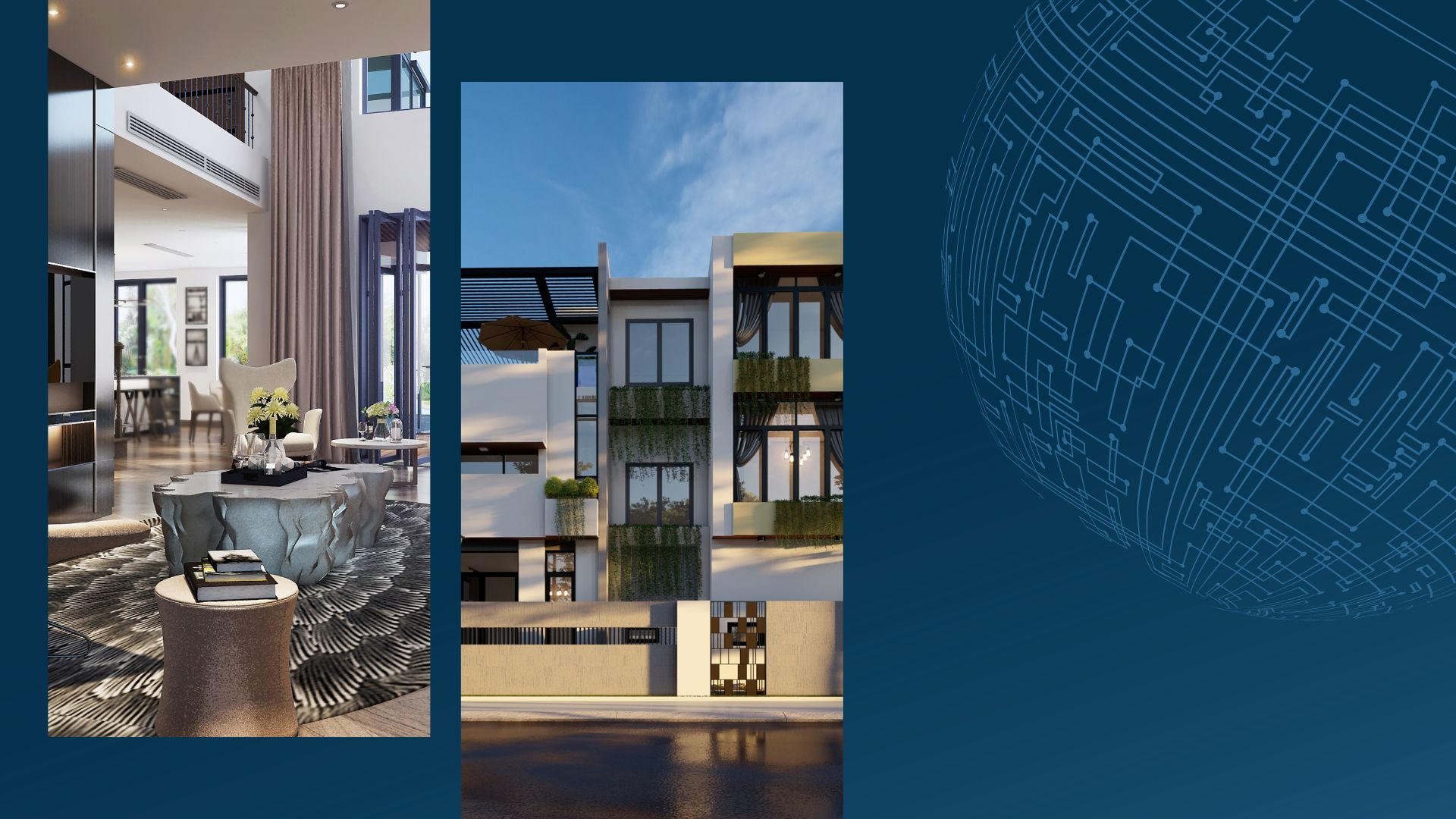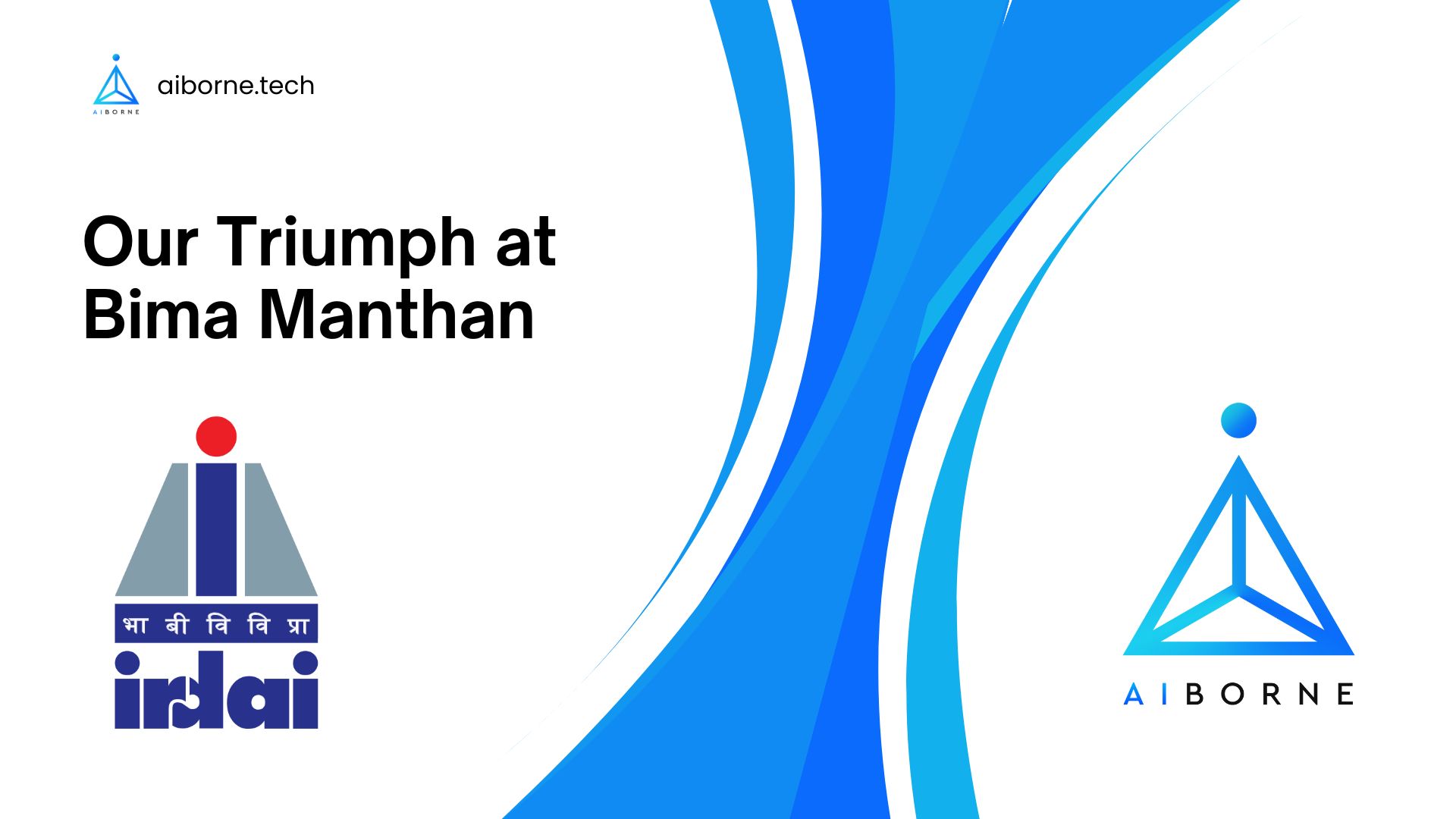Introduction
In the past decade, the hospitality industry has witnessed a profound digital transformation driven by advancements in technology. According to a survey conducted by McKinsey, 72% of travelers prefer digital booking channels for hotel reservations, highlighting the significance of technology in shaping guest experiences. As a leading no-code solution company, we are dedicated to enabling businesses across industries to leverage technology efficiently. In this blog post, we will explore the various ways technology is revolutionizing the hospitality sector, enhancing guest experiences, and streamlining operations.
Seamless Booking and Check-in
Gone are the days of tedious phone calls or long waits at the front desk to make a reservation. Technology has made the booking process seamless, with online reservation systems and mobile apps allowing guests to book accommodations at their convenience. The American Hotel and Lodging Association reports that 77% of hotel guests prefer to book online, highlighting the growing preference for digital booking channels.
Additionally, digital check-in options provide a more efficient and personalized arrival experience, saving both time and effort for both guests and hotel staff. According to a study by Oracle Hospitality, 64% of guests believe that the ability to check in and unlock their room using a mobile device enhances their overall hotel experience.
Personalized Guest Experience
Technology enables hotels to provide a more tailored and personalized guest experience. From pre-arrival surveys to track preferences, to using AI-driven algorithms to analyze guest data, hotels can curate unique experiences that cater to each guest’s preferences. For example, Hilton’s “Connected Room” concept allows guests to personalize their room settings, such as adjusting the thermostat and selecting preferred streaming services, through the Hilton Honors app.
Personalized room settings, in-room entertainment, and even recommendations for local attractions based on guest preferences are now becoming a reality. According to a survey by Deloitte, 36% of hotel guests are willing to share their data to receive personalized services, indicating the growing acceptance of data-driven personalization in the hospitality industry.
Artificial Intelligence and Chatbots
Artificial Intelligence (AI) and chatbots have revolutionized guest support and communication. AI-powered chatbots can handle routine inquiries, provide information about hotel amenities, and offer personalized recommendations. According to a study by Oracle Hospitality, 70% of hotel guests are comfortable interacting with chatbots for various service requests.
This not only improves guest satisfaction but also frees up staff to focus on more complex tasks, ultimately increasing operational efficiency. A case study by Hilton revealed that their AI-powered concierge bot named “Connie” improved response times by 60%, enhancing overall guest experience.
No-Code Digitization of SOPs and Checklists
Traditionally, hotels relied on paper-based SOPs and checklists for various tasks, such as room cleaning, maintenance, and guest service protocols. However, managing and updating paper-based documents can be cumbersome and prone to errors. No-code solutions have emerged as a game-changer in this regard, allowing hotels to digitize their SOPs and checklists without the need for extensive coding or technical expertise.
Easy-to-use apps for implementation enable hotel staff to create, modify, and implement digitized SOPs and checklists effortlessly. These apps are designed to be intuitive and accessible on various devices, including smartphones and tablets, ensuring that staff can access critical information and complete tasks efficiently from anywhere on the property.
Streamlined Operations and Increased Efficiency
Digitized SOPs and checklists enable streamlined operations by providing real-time updates and notifications. Staff can access the latest versions of documents instantly, reducing confusion and errors. Easy-to-use apps ensure that tasks are completed systematically and on time, enhancing overall operational efficiency.
Digital transformation of operations also helps in communication features, enabling staff to collaborate and share updates in real-time. This promotes better coordination among different departments and empowers employees to address issues promptly, leading to more seamless guest experiences.
Conclusion
The digital transformation of the hospitality industry is not limited to enhancing guest experiences but also encompasses the optimization of internal operations. No-code solutions have revolutionized the way hotels manage SOPs and checklists, offering user-friendly apps that streamline operations, enhance collaboration, and improve overall efficiency. By leveraging these easy-to-use apps, hotels can embrace the digital era while improving compliance, training, and communication among staff.
As a leading no-code solution company, we understand the significance of this transformation and are committed to empowering hotels with innovative and accessible tools. By embracing no-code digitization and easy-to-use apps, the hospitality industry can continue to evolve, delivering exceptional experiences to guests while maximizing operational excellence. The future of hospitality lies in a harmonious blend of cutting-edge technology and seamless human service, and no-code solutions are at the forefront of making this vision a reality.



